Introduction
The menstrual cycle is a natural and essential biological process experienced by every adolescent girl as she transitions into womanhood. Despite being a universal phenomenon, it is often shrouded in myths and taboos, leading to inadequate hygiene practices and misconceptions. Promoting awareness about menstrual health is crucial to ensure every adolescent girl can manage her periods with confidence and dignity. In this blog, we’ll explore practical tips to maintain menstrual hygiene and discuss important topics like why does menstruation occur, how to maintain vaginal hygiene, and things you should avoid during periods to stay healthy and comfortable.
Why Does Menstruation Occur?
Menstruation is a natural process where the body sheds the lining of the uterus (endometrium) through the vagina if pregnancy doesn’t occur. The menstrual cycle usually spans 28 days, though it can vary between 21 and 35 days, especially in teenagers. Hormonal changes drive the menstrual cycle, which involves four phases: the menstrual phase, follicular phase, ovulation, and luteal phase. Understanding this process helps adolescents appreciate their bodies and recognize the importance of menstrual hygiene.
Practical Menstrual Hygiene Tips
- Change Sanitary Products Regularly
- Replace sanitary pads or tampons every 4-6 hours to prevent bacterial growth and infections.
- Proper Disposal
- Dispose of used products in designated bins to maintain cleanliness and avoid environmental pollution.
- Practice Good Hygiene
- Wash your hands before and after changing sanitary products to prevent the spread of germs.
- How to Maintain Vaginal Hygiene
- Use warm water to clean the external genital area daily.
- Avoid using scented soaps or douches, which can disrupt the natural pH balance.
- Choose Comfortable Clothing
- Opt for loose-fitting, breathable clothes during periods to minimize discomfort and allow airflow.
Things You Should Avoid During Periods
- Skipping Meals
- Proper nutrition is vital during menstruation. Skipping meals can lead to fatigue and worsen cramps.
- Excessive Caffeine Intake
- Avoid too much caffeine, as it can increase anxiety and exacerbate menstrual cramps.
- Overuse of Painkillers
- While painkillers can help, overusing them may lead to side effects. Consult a healthcare provider if pain persists.
- Strenuous Exercise
- Light exercises like yoga are recommended, but avoid overly strenuous activities that may worsen discomfort.
Things You Should Eat During Periods
- Iron-Rich Foods
- Include spinach, lentils, and fortified cereals to replenish iron lost during menstruation.
- Hydrating Foods
- Consume water-rich fruits like watermelon and cucumber to stay hydrated and reduce bloating.
- Warm Herbal Teas
- Chamomile or ginger tea can alleviate cramps and provide a soothing effect.
- Healthy Fats
- Incorporate nuts, seeds, and avocados for their anti-inflammatory properties.
Types of Period Blood: What They Indicate
The color and consistency of menstrual blood can vary and provide insights into health:
- Bright Red: Indicates fresh blood and a healthy flow.
- Dark Brown: Often seen at the beginning or end of a period; signifies older blood.
- Pinkish Hue: May indicate low estrogen levels or excessive exercise.
- Clots: Small clots are normal, but large ones may require medical attention.
Recognizing these changes can help adolescents monitor their menstrual health effectively.
Ensuring Menstrual Health and Comfort
Adolescents’ menstrual health and comfort require a collective effort involving individuals, families, and healthcare providers. Schools and communities can promote menstrual hygiene by:
- Providing access to affordable and high-quality sanitary products.
- Offering educational sessions on menstrual health and hygiene.
- Establishing clean and private toilets in schools with proper sanitation facilities.
At Ova Fertility and Women Care, we’re committed to empowering women and adolescents by addressing their menstrual health needs and breaking societal taboos surrounding menstruation. Let’s work together to create an environment where every adolescent can manage their periods safely and confidently.
Conclusion
Menstrual hygiene is not just a personal responsibility; it’s a societal priority. By following practical hygiene tips, understanding things you should avoid during periods, and addressing misconceptions like types of period blood, we can ensure every adolescent enjoys good health and comfort during her menstrual cycle. Together, let’s break the silence, educate the community, and support adolescents in embracing their natural cycles with dignity and pride.
Read More: Understanding Uterus Infections: Causes, Symptoms, and Treatments


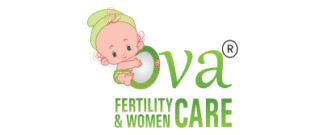


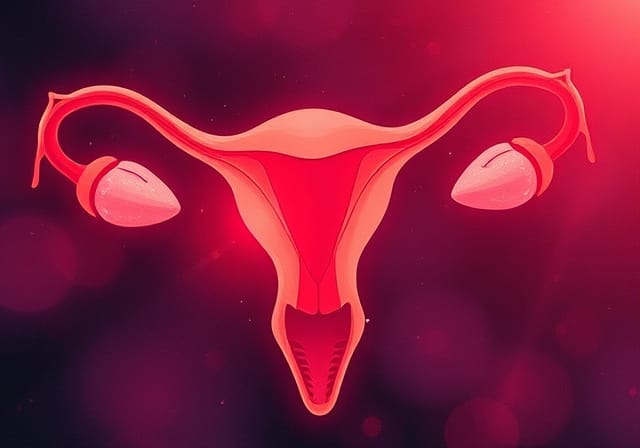
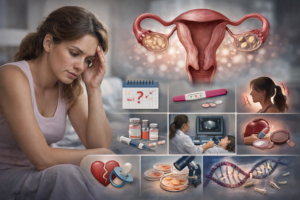
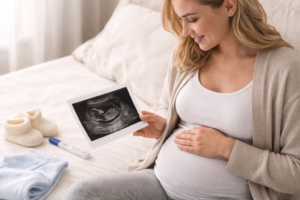
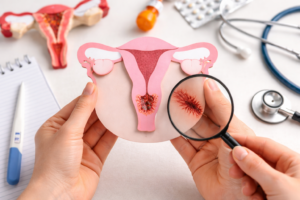
 No need to worry, your data is 100% Safe with us!
No need to worry, your data is 100% Safe with us!